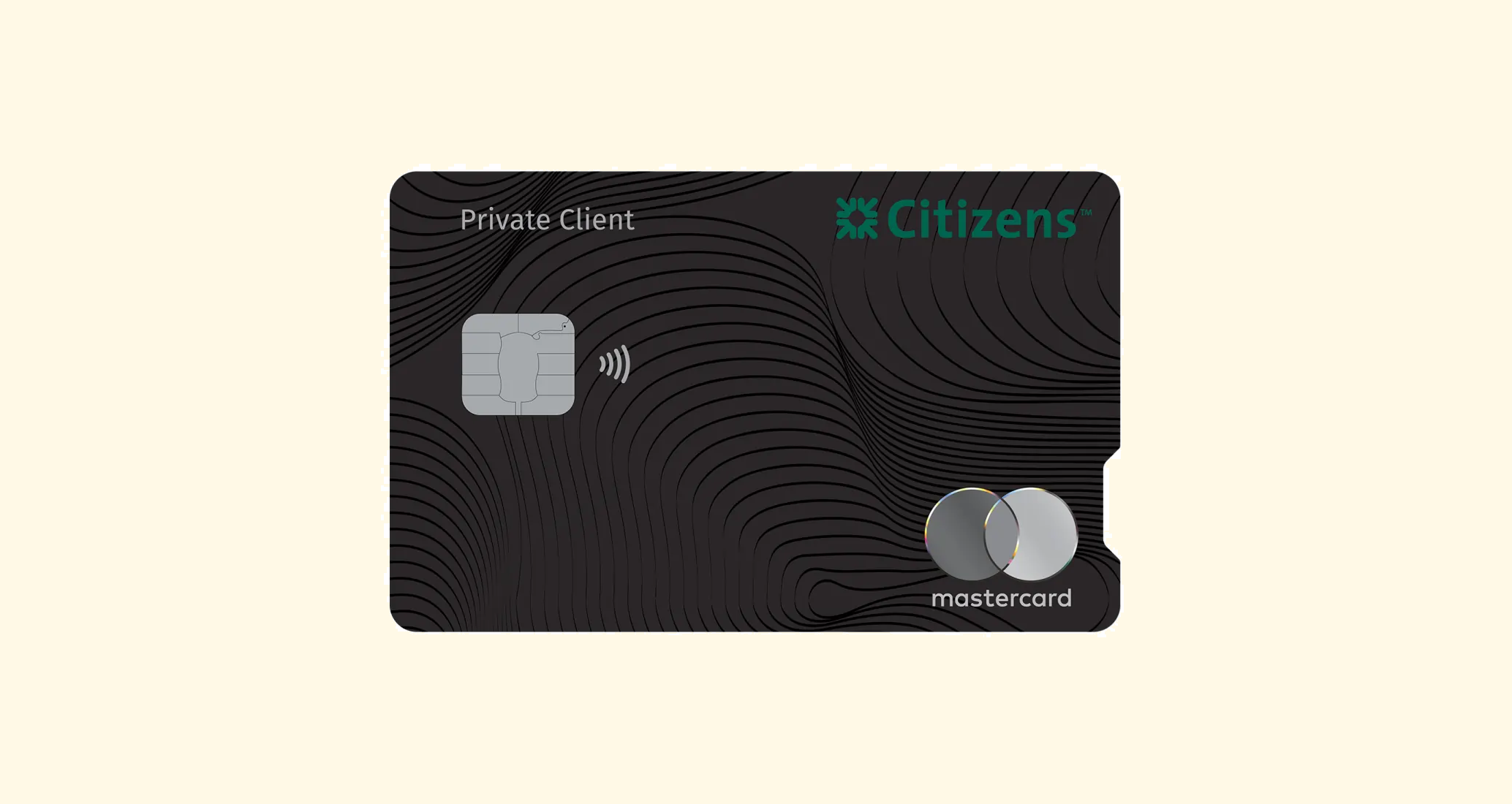Reward Credit Cards: Is It Worth the Effort?

Understanding Reward Credit Cards
When it comes to personal finance, reward credit cards stand out as a powerful tool that can transform ordinary purchases into exciting benefits. These cards incentivize spending by offering rewards that can feel like a bonus for daily expenses. But as enticing as these rewards may seem, potential cardholders should tread carefully and fully understand both the advantages and the potential pitfalls associated with them.
The Benefits of Reward Credit Cards
The primary allure of reward credit cards lies in their ability to generate value. Here are some notable examples:
- Cash Back: Many cash back cards allow users to earn anywhere from 1% to 5% back on purchases. For instance, a card might offer 5% on groceries and 3% on gas, translating a typical $500 monthly spend into $25 in cash back. Cards like the Chase Freedom Unlimited even offer a flat rate on all purchases, making it easy to accumulate rewards without worrying about categories.
- Travel Rewards: Frequent travelers can greatly benefit from travel-focused cards like the Chase Sapphire Preferred. Users can earn points on every dollar spent, which can be redeemed for flights, hotel stays, or even car rentals. Frequent flyer programs often provide elevated earning potential, allowing savvy travelers to experience the world at a manageable cost.
- Exclusive Offers: Many reward credit cards provide cardholders with access to promotions that are not available to the general public. This might include discounts on certain brands, early access to sales, or special events. For example, some cards offer concert pre-sales or discounts on popular retail websites, enhancing the overall value of the card.
Weighing the Downsides
Despite the attractive rewards, there are significant risks to consider:
- Annual Fees: While some cards offer no annual fee, others may require a yearly payment that could exceed the value of the rewards earned. For example, a card that charges a $95 fee will need to provide at least that amount in redeemable rewards to be worth the investment. Examining your spending habits closely can help determine if the card is suitable.
- Interest Rates: Many reward cards come with high-interest rates. If you carry a balance, the accrued interest can negate any rewards earned. For example, carrying a balance of $1,000 at a 20% interest rate could result in $200 in charges annually, overshadowing any cash back benefits.
- Complexity: The rewards landscape can be confusing. With various categories and ever-changing promotional periods, it’s easy to miss out on maximizing rewards. Some cards have tiered structures where certain categories change seasonally, making it imperative to track spending diligently.
In today’s financial landscape, where the average American holds several credit cards, understanding the nuances of reward credit cards is increasingly critical. It requires not just knowledge of the benefits but also a keen awareness of how to navigate potential downsides effectively. Conducting thorough research and evaluating personal spending habits will empower consumers to make informed decisions that elevate their financial wellbeing.
DISCOVER MORE: Click here to learn about the mental health benefits of animal adoption
Maximizing Your Rewards: Strategies and Considerations
As enticing as the perks of reward credit cards can be, maximizing these rewards requires a strategic approach. Understanding how different types of rewards work, alongside your personal spending habits, can significantly enhance the benefits you receive. Here are some tactics to consider when diving into the world of reward credit cards:
- Align Card Choice with Spending Habits: Carefully assess where you spend the most money. If groceries take up a large portion of your budget, opting for a card that offers a higher percentage of rewards in that category can quickly add up. For instance, if you spend $600 monthly on groceries at a card offering 6% cash back, that’s an impressive $36 back each month. This alignment of card benefits with personal expenses is crucial for maximizing rewards.
- Utilize Sign-Up Bonuses: Many reward credit cards offer lucrative sign-up bonuses that can be obtained by spending a certain amount within the first few months. For example, a card might offer 50,000 points after spending $3,000 in the first 90 days. If planned correctly, these bonuses can provide significant value quickly, often equal to a few hundred dollars’ worth of rewards depending on how they are redeemed.
- Pay Off Balances Monthly: To truly benefit from reward credit cards, it’s essential to avoid carrying a balance. This means diligently paying off the full amount owed each month. Not only does this strategy prevent high-interest charges from eroding your rewards, but it also contributes to a healthier credit score. By maintaining good credit, you’re also more likely to receive even better credit card offers in the future.
- Stay Updated on Reward Structures: Many reward credit cards have changing categories or seasonal offers. For instance, your card may allow doubled rewards on select categories each quarter, like restaurants or online shopping. By staying informed about these changes, you can tailor your spending to take full advantage of these temporary benefits.
- Redeem Strategically: Each reward program has different methods for redemption, which can include cash back, travel bookings, or merchandise. Understanding the best value for your points is essential. For example, redeeming points for travel purchases through specific partner networks often yields higher values per point than cash back. Researching how and when to redeem your rewards can boost their overall worth significantly.
While the prospect of accruing rewards and bonuses may feel straightforward, the administrative effort involved can sometimes lead to missed opportunities. With the average American adult owning at least three credit cards, it’s paramount to streamline your approach to managing these cards. A careful balance of strategic spending, informed redemptions, and regular oversight can maximize the rewards and ultimately contribute to financial empowerment.
DISCOVER MORE: Click here to learn how to choose the perfect pet
A Closer Look at Costs and Pitfalls
While reward credit cards can offer numerous benefits, it’s essential to evaluate the potential costs and pitfalls that can come with them. Understanding these aspects can help you decide whether the effort you put into managing rewards truly pays off.
- Annual Fees: One of the first costs to consider is the annual fee associated with many reward credit cards. Depending on the card, fees can range from $0 to upwards of $500. Premium cards often justify these fees with enhanced rewards, but if you don’t utilize the benefits offered, the fee may outweigh the advantages. For example, if a card with a $200 annual fee provides only $150 in rewards, you could end up at a loss. Evaluating your spending habits can help you choose a card that offers the most value without incurring unnecessary fees.
- Interest Rates: The allure of rewards can sometimes overshadow the interest rates associated with reward credit cards. If you find yourself carrying a balance, the interest accrued can quickly erase any benefits gained from rewards. According to a recent survey, the average APR for credit cards can hover around 16% to 25%. Therefore, if you carry a $1,000 balance, you could end up paying between $160 to $250 in interest over a year. Having a clear strategy for full monthly payments is paramount to avoid this pitfall.
- Spending Traps: There is a psychological aspect to using reward credit cards that can lead to overspending. The desire to earn points or reach a spend threshold for a bonus can encourage consumers to purchase more than they normally would. This tendency can lead to debt accumulation, negating the financial benefits rewards provide. Being mindful of your actual needs versus the desire to earn rewards is crucial. This balance helps ensure you are spending wisely rather than falling into a trap of unnecessary purchases.
- Expiration of Rewards: Some credit card rewards come with expiration dates or limits on usage. If you’re unable to redeem points or cash back within a set timeframe, you might lose earned rewards altogether. Additionally, certain cards may impose blackout dates for travel rewards or limit availability to specific carriers, which can diminish their value. Reading the fine print can save you from disappointment down the line.
- Impact on Credit Score: Each new credit card application can slightly affect your credit score due to the hard inquiries associated with them. Moreover, maintaining multiple cards increases the complexity of your credit profile. While having a mix of credit can be advantageous, missed payments or high credit utilization ratios on multiple cards can negatively impact your credit score. A lower credit score can hinder your ability to obtain loans or favorable interest rates in the future. Practicing responsible credit management is crucial to your long-term financial health.
Considering these costs and challenges is vital for anyone looking to enter the world of reward credit cards. While rewards can certainly enhance your financial journey, they require diligence to ensure they do not lead to adverse financial outcomes.
DIVE DEEPER: Click here to discover more
Final Thoughts on Reward Credit Cards
In the landscape of personal finance, reward credit cards can act as a double-edged sword. While they offer enticing incentives such as lucrative cash back, travel points, and various perks, it is essential to weigh these attractions against potential pitfalls. The importance of annual fees, high interest rates, and the psychological traps of overspending cannot be understated. These factors can quickly sour the benefits and lead to an overall negative financial outcome.
Additionally, the expiration of rewards and impacts on your credit score serve as reminders to approach reward credit cards with careful consideration and strategic planning. It’s vital to align your choice of credit card with your spending habits to maximize rewards while minimizing associated costs. By taking the time to understand your financial behavior and the fine print of any card you consider, you can turn potential rewards into real value.
Ultimately, whether reward credit cards are worth the effort depends on your individual circumstances and financial management skills. Engaging in thorough research, recognizing the fine details, and practicing disciplined spending can transform these cards from a source of confusion to a powerful financial tool. As you embark on this journey, remember that the key lies not only in the rewards you can earn but in how you manage them effectively. By doing so, you can navigate this rewarding landscape with confidence and purpose.


